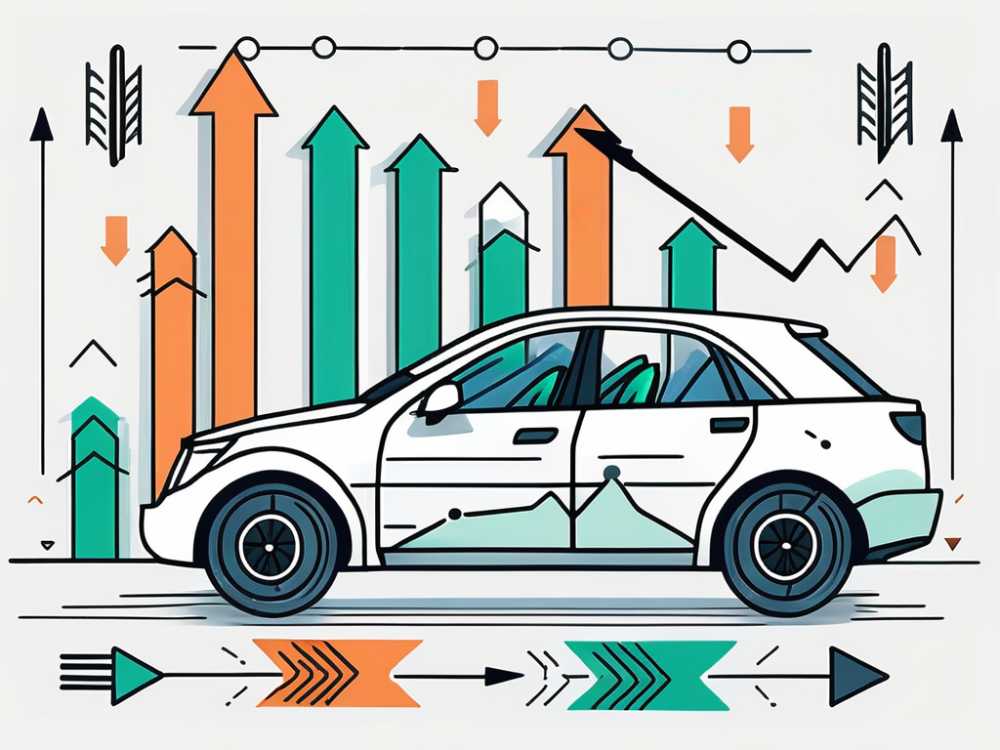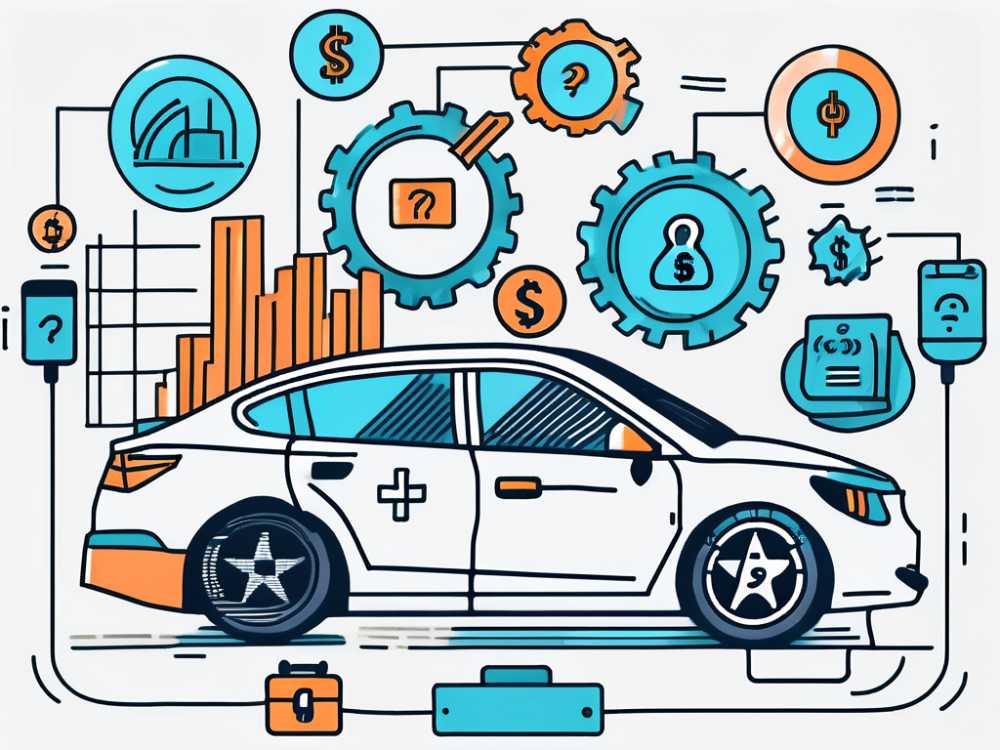Refinancing your car loan can be a strategic move to save money or adjust your financial plans. However, determining the best time to make this decision is crucial for maximizing potential benefits. This article explores various aspects of car loan refinancing, helping you understand when it may be advantageous for you.
Understanding Car Loan Refinancing
Car loan refinancing involves replacing your current car loan with a new one, typically with better terms. This process can lead to lower monthly payments, reduced interest rates, or other favorable conditions. Refinancing allows borrowers to adjust their existing debt to more suitable financial circumstances.
What is Car Loan Refinancing?
When you refinance a car loan, you essentially pay off your existing loan using a new loan. This new loan usually comes from a different lender and can have different interest rates, terms, and monthly payment amounts. The primary goal of refinancing is to improve your financial situation.
For example, if your credit rating has improved since you first took out your loan, you might qualify for lower interest rates. This means you can lower your monthly payments or save money on total interest over the life of the loan.
Moreover, refinancing can also provide an opportunity to switch from a longer-term loan to a shorter-term loan, which can lead to significant savings on interest payments. While your monthly payments may increase, the overall cost of the loan can decrease, allowing you to own your vehicle outright sooner.
Why Consider Refinancing Your Car Loan?
There are several reasons why someone might consider refinancing their car loan. Perhaps your financial situation has changed, you need a lower monthly payment, or market conditions have led to lower interest rates. Identifying your reason for refinancing can help you gauge whether it is the right time to act.
Additionally, refinancing may also allow you to consolidate debt or access equity built in your car for other purposes, such as home improvement or emergency expenses. By tapping into the equity of your vehicle, you can potentially fund important projects or cover unexpected costs without resorting to high-interest credit cards or personal loans.
It’s also important to consider the fees associated with refinancing, such as prepayment penalties on your existing loan or closing costs on the new loan. Weighing these costs against the potential savings is essential to ensure that refinancing is a financially sound decision.
Factors to Consider Before Refinancing
Before jumping into car loan refinancing, it's essential to evaluate several factors to ensure you're making an informed decision. Each individual's financial standpoints can impact the potential benefits and experiences of refinancing.
Current Interest Rates
Interest rates play a significant role in refinancing. If the current rates are lower than the rate at which you're currently borrowing, it may be the right time to refinance. The difference in rate can mean significant savings over time.
Monitoring economic trends and understanding how they influence interest rates can guide your timing in refinancing. Staying informed will help you make a strategic decision aligned with your financial goals.
Your Credit Score
Your credit score is another crucial factor that lenders take into consideration when you apply for refinancing. A higher credit score can open the door to better loan terms and lower interest rates. If your credit has improved since your initial car loan was taken out, refinancing could help you take advantage of this positive change.
It’s wise to check your credit score before refinancing to see if you will be eligible for improved terms. If your score is currently low, you may want to spend some time improving your credit before applying for a new loan.
Remaining Loan Balance
The remaining balance on your current loan is also essential to consider. If you have a large balance remaining, refinancing could provide relief through lower monthly payments or an extended loan term. On the other hand, if you have a small loan balance left, the benefit from refinancing may not justify the costs associated with it.
Always calculate the potential savings against any fees or costs that come with refinancing. This can help you decide whether the move is financially sound.
Timing Your Refinance
Knowing when to refinance can be just as crucial as understanding how to refinance. Several key timing factors can help you optimize your refinance experience.
Refinancing Early in the Loan Term
Refinancing early in the loan term can often yield significant savings. Since interest is usually front-loaded on loans, refinancing at the beginning can lead to lower overall interest payments and allow you to restructure your finances early on.
Refinancing When Interest Rates Drop
Interest rates are continually fluctuating, influenced by economic factors. If you notice a decrease in rates, it may be a perfect opportunity to refinance your car loan. Capitalizing on these drops can significantly impact the total money spent over the duration of the loan.
Refinancing to Lower Monthly Payments
If your primary goal is to lower your monthly payments, refinancing may be the answer. A lower monthly payment can improve your cash flow, providing extra funds that you can allocate towards other expenses or savings goals.
Before proceeding with this option, ensure you understand how lowering your monthly payment might extend the term of your loan and impact overall interest paid.
The Refinancing Process
The refinancing process can seem daunting, but breaking it down into manageable steps can ease the journey. Understanding the refined steps and ensuring you are well-informed can empower you to take action with confidence.
Shopping for the Best Refinance Rates
Once you’ve determined that refinancing aligns with your financial goals, the next step is to shop around for the best rates. Different lenders may offer various terms, fees, and rates, so it’s crucial to do your research.
Applying for Refinancing
After selecting a lender, you’ll need to gather necessary documentation and complete the application. The required documents typically include proof of income, details about your current loan, and information about your vehicle.
Be prepared for potential credit checks, and have patience as lenders review your application. This process can take anywhere from a few days to a few weeks.
Closing on Your New Loan
Once your application is approved, the last step is to close on your new loan. This involves signing paperwork and finalizing any fees associated with the refinancing process. Review all loan documents carefully to confirm that the terms meet your expectations.
After closing, you can begin to enjoy the advantages of your refinanced car loan, which could lead to reduced stress and better financial health.
Conclusion
A variety of factors should guide your decision to refinance your car loan, including interest rates, credit score, and your current financial situation. By carefully considering these aspects and timing your refinance wisely, you can make a beneficial financial decision that works for you.






